Inclusive Development International develops global, regional and country-specific practitioner and community education materials that aim to empower people to advocate for just and inclusive development. We deconstruct and demystify the complex layers of financial flows, legal and policy frameworks, and accountability systems in order to break down the barriers people face in defending their rights.
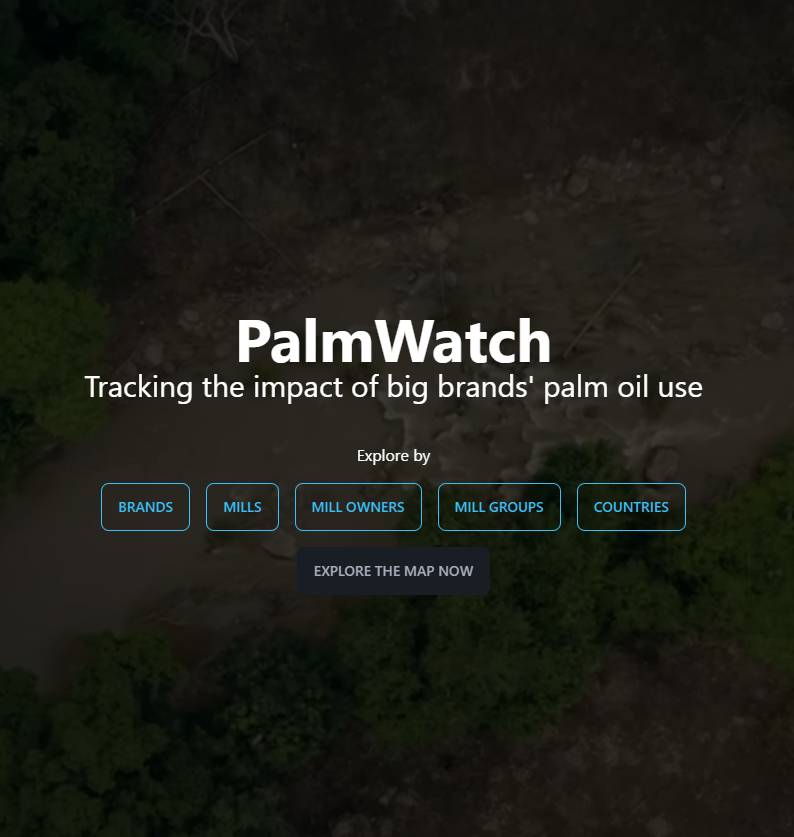
February 2024
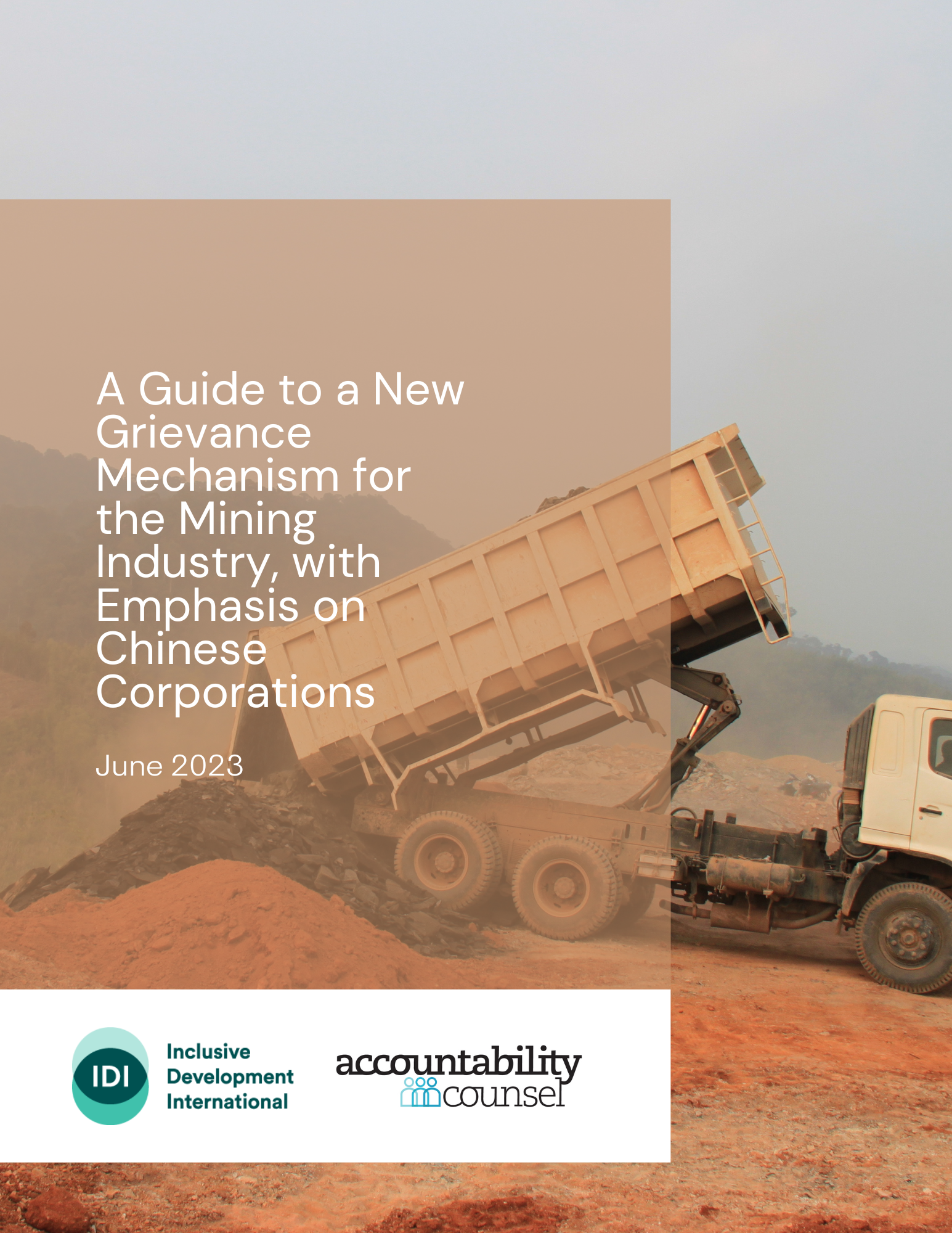
June 2023
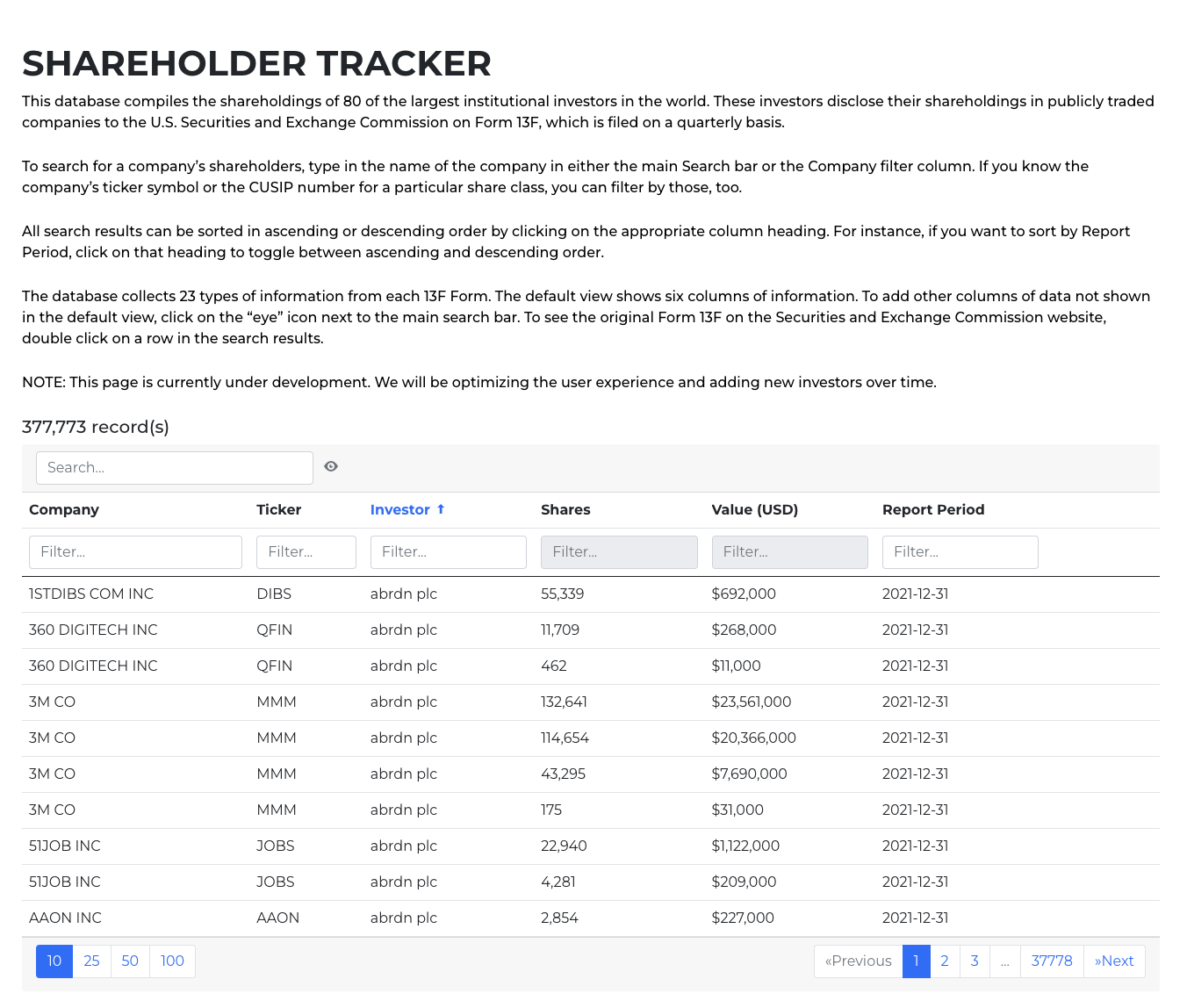
May 2022
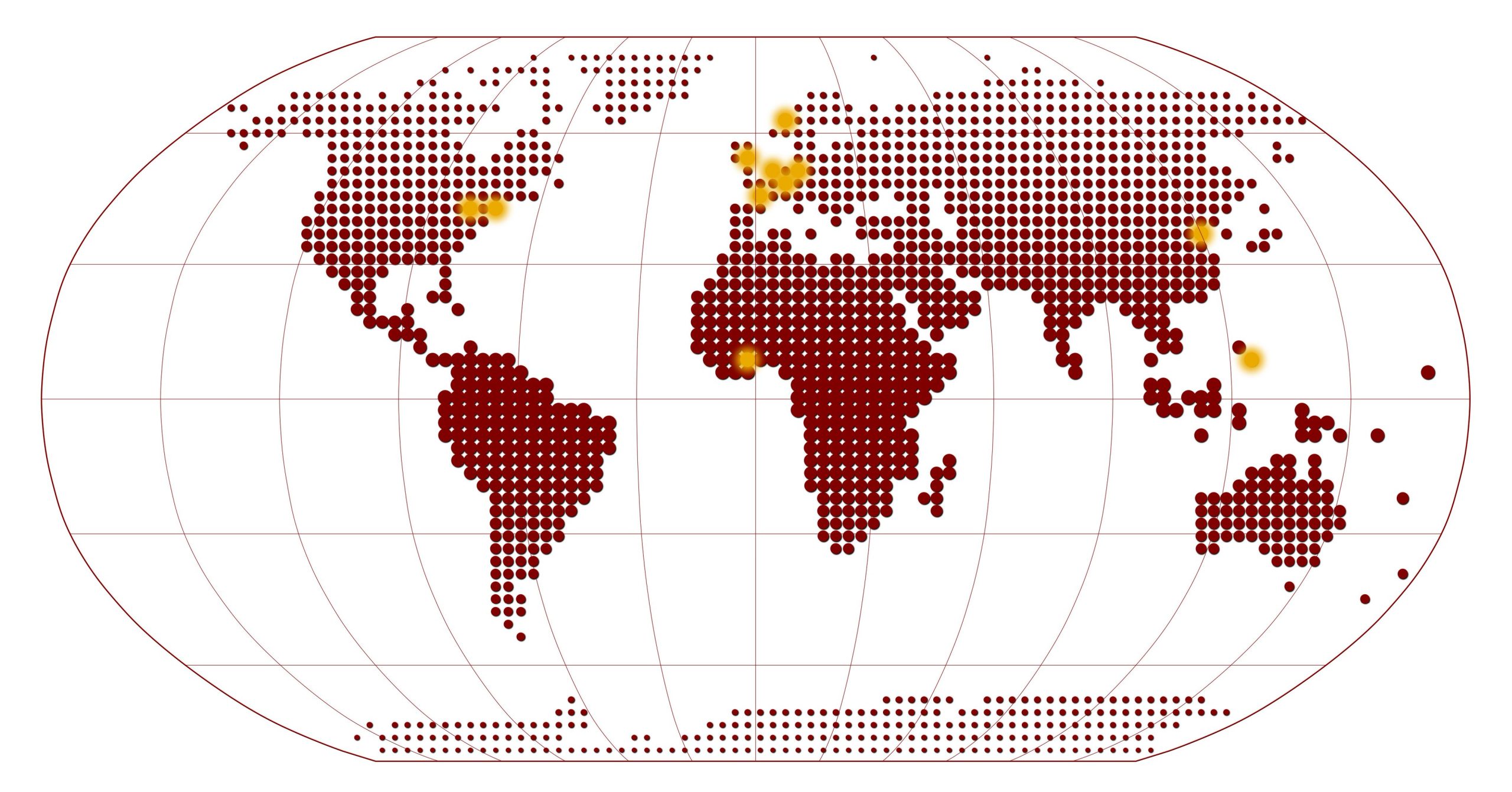
May 2022
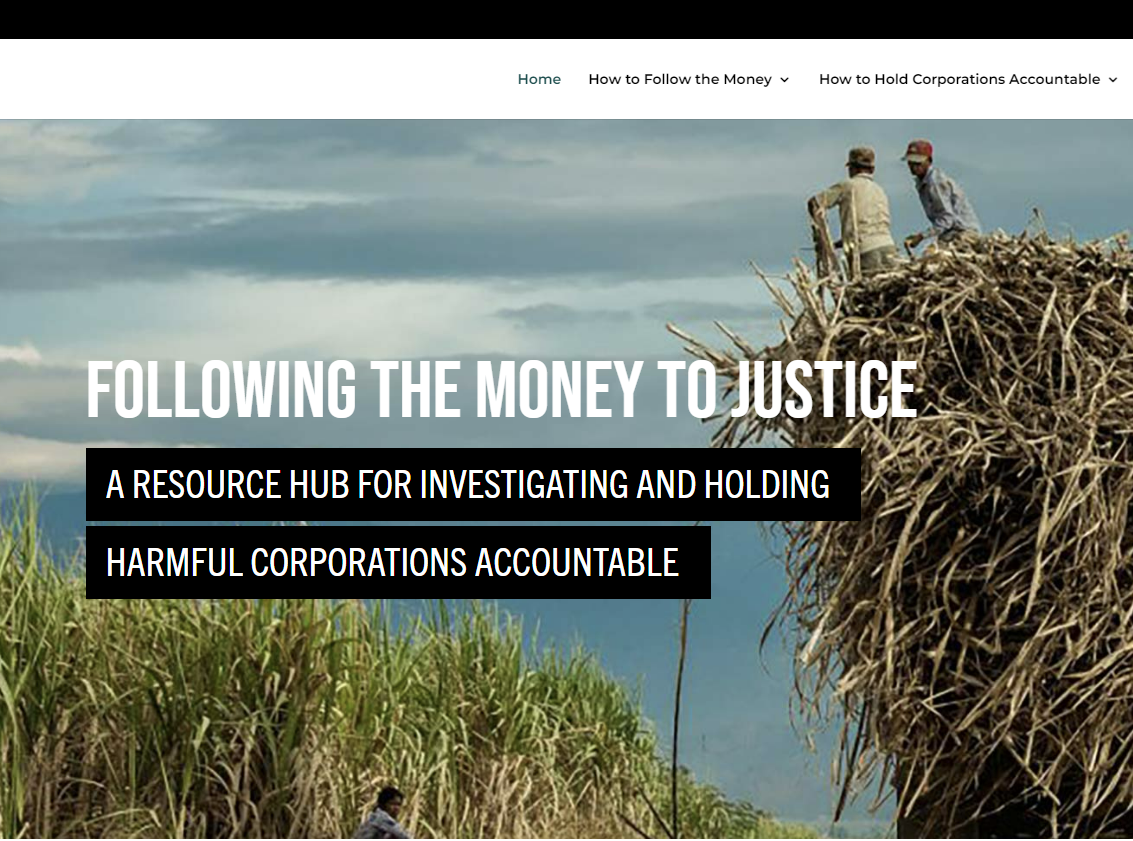
May 2022
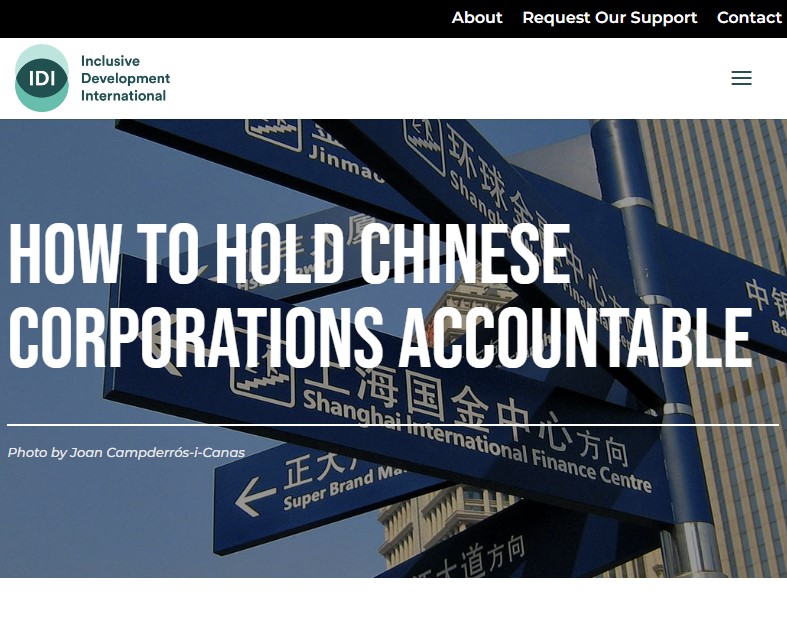
May 2022
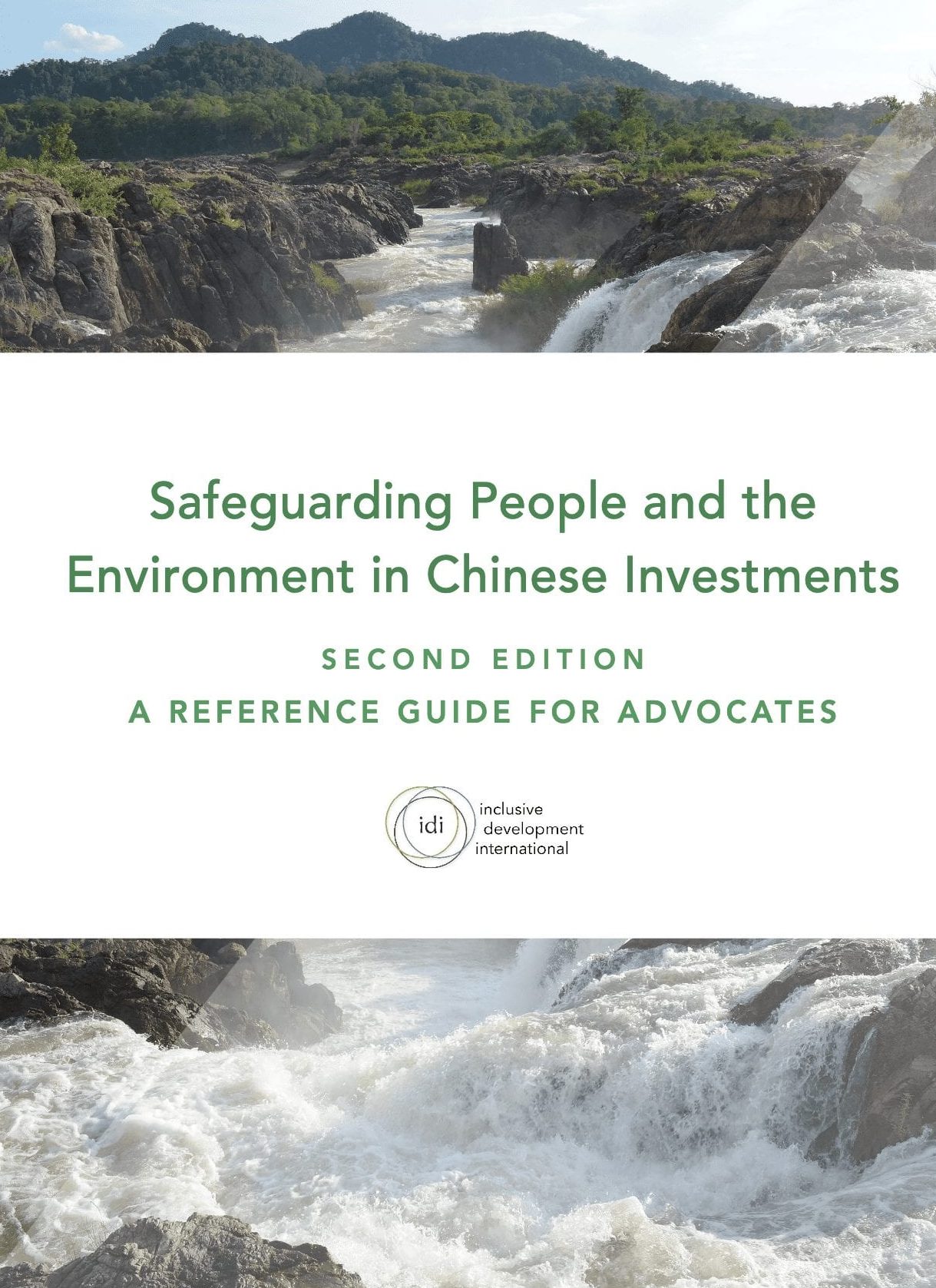
June 2020
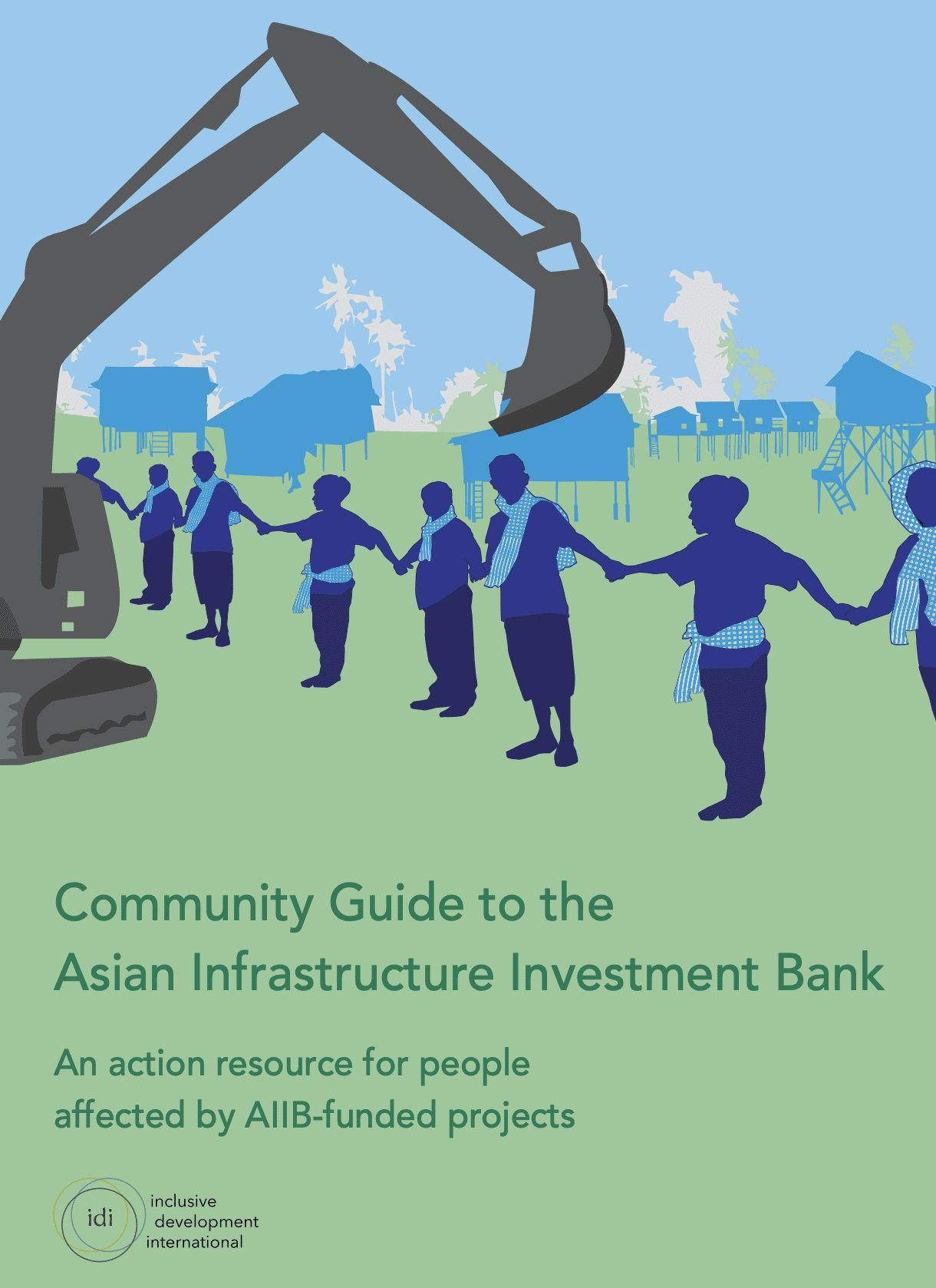
April 2020
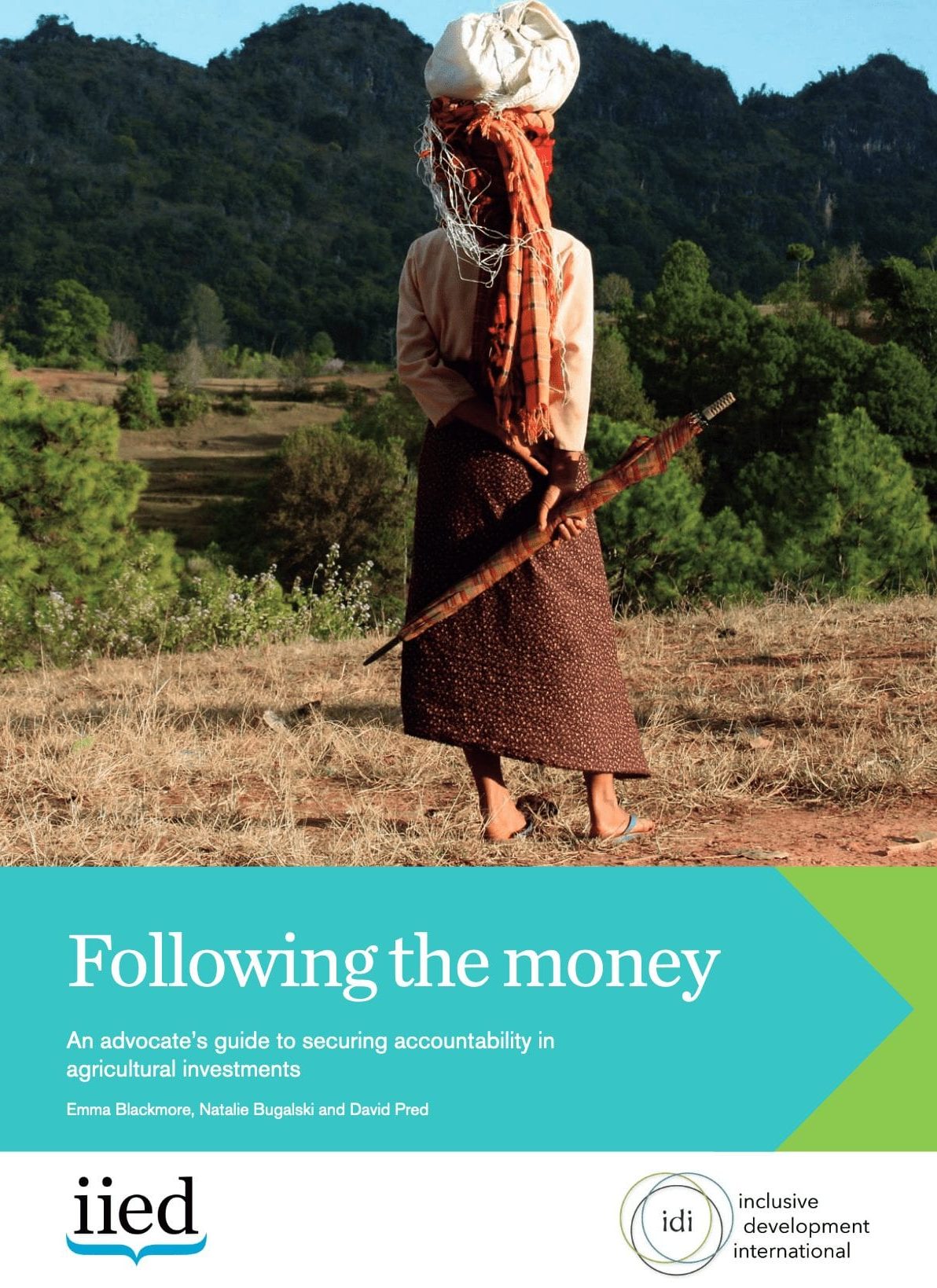
January 2020
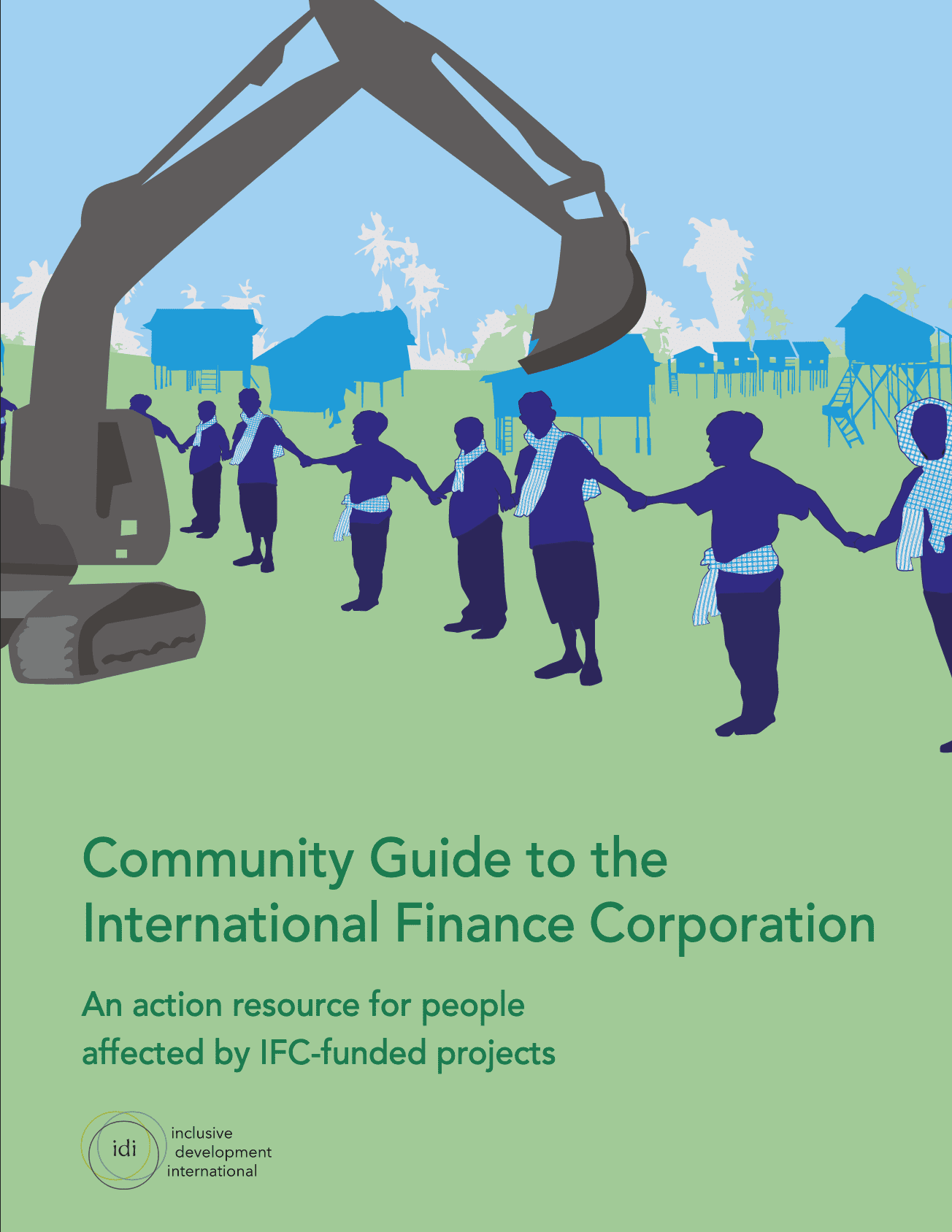
January 2020
Hey, you seem interested in our work. Why not sign up to our mailing list for occasional updates, alerts and actions?